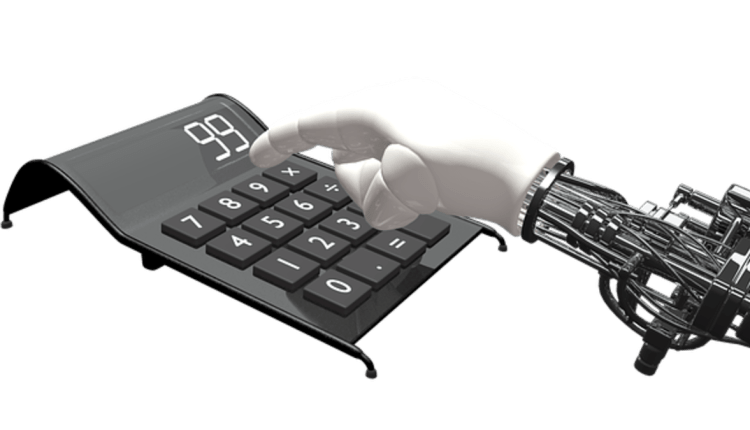Common Misconceptions About Fertility
Not considering one’s age. I’m in my prime physically and mentally; I experience regular menstruation, and I look at all the famous people having babies in their 40s and 50s! Even more reassuring, Rod Stewart and Paul McCartney had children in their 60s, so my husband need not fret. Find the best age calculator.
Data on Fertility
Even though more and more women are waiting until their 30s and 40s to start a family, 40 is NOT the new 30 when it comes to fertility. It’s typical to start a family after one has established oneself professionally, finished higher education (including graduate school), and found the person one wants to spend the rest of their life with. Although these strategies make perfect sense from a monetary and emotional standpoint, they are not as reasonable from a biological perspective.
Fertility specialist Dr. Eric Levens from Shady Grove Fertility Center says, “I cannot stress the negative impact of female aging on reproductive outcomes enough.” The decline in female fertility with age is something I bring up with patients every time I see them in the clinic.
Related Posts
Age does matter for both sexes. According to a study published in Human Reproduction, a woman’s fertility decreases as early as the age of 27. It was discovered that a woman’s chance of becoming pregnant fell with each menstrual cycle (making it take an extra month or two to conceive) but that her overall chance of becoming pregnant did not decrease at the same rate.
However, a woman’s fertility begins to decline in her mid-30s sharply and accelerates in her late-30s. A woman’s natural fertility declines after age 30 but still has a 20% chance of becoming pregnant. A woman’s natural fertility declines to around 5% by the time she reaches the age of 40.
Even though men may not have it as rough biologically, many fertility specialists agree that men’s contribution to infertility has been neglected. There are indeed examples of men having children well into their 70s and 80s. However, the same report from the journal Human Reproduction found that male fertility sharply drops off for men after age 35.
Why does childbearing decrease with age? Several factors, including a drop in egg quantity and quality, contribute to a decline in a woman’s fertility.
- Reduced egg production. The number of eggs in the ovaries is decreasing. Approximately 2 million eggs are present in a woman’s ovaries at birth; these are the only eggs she will ever produce. Every month, about 11,000 of them die before reaching puberty, leaving a woman with only about 300,000 to 400,000 by the time she is a teenager. From then on, roughly a thousand eggs will be lost every month.
- The lackluster performance of eggs. Chromosomal abnormalities are more prevalent in the remaining eggs in a woman’s ovaries as she ages. As a result, the likelihood of becoming pregnant is diminished, and the risk of miscarriage is raised due to these abnormalities. Chromosomal abnormalities account for at least half of all miscarriages.
- The possibility of acquiring additional pathologies also rises. For example, fibroids, Fallopian tube damage, and “Endometriosis,” a condition in which the tissue that usually lines the uterus (endometrium) grows in other areas of the body, causing pain, irregular bleeding, and possibly infertility, are all more likely to occur as a woman ages. Endometriosis.
- Sperm quality declines with male age.
- According to research on couples undergoing advanced infertility treatments published in the American Journal of Gynecology in 2004, a man’s chances of becoming a father decrease by 11% for every year that passes.
- German researchers compiled the most recent data on aging sperm and reported in 2004’s Human Reproduction Update that sperm volume, motility, and structure all decline with age.
- So, if you’re thinking about having a baby, put down People (it’s a not-so-secret secret that celebrities who get pregnant after 40 are probably using donor eggs) and take a sober, age-appropriate look at your fertility prospects. Generally, the sooner you see a fertility specialist, the better your chances of conceiving.
- If you are under 35, have tried for one year to conceive without using contraception, and have been unsuccessful, you may want to consider using one.
- If you are over 35 and have not conceived after trying naturally for six months, you may want to consider using contraception.
- If you’ve had multiple miscarriages, it’s possible that
Read Also: The reason you Get Fat and Frustrated – And What to Do Regarding it


